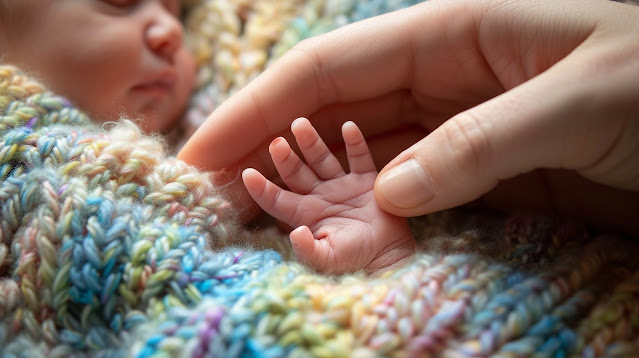Carrying the Backpack of Grief: A Journey of Love, Loss, and Healing
It has been said that grief is like a backpack. This idea is not my own but rather something I encountered while watching a video about grief during a profoundly difficult time immediately following the passing of my son. While I don’t recall the exact details of the video, the metaphor of grief as a backpack resonated deeply with me, and from that, I’ve crafted my own understanding and reflection.
In my experience, the backpack of grief is not just a heavy burden but a deeply personal and complex journey. When someone we love dies, this backpack becomes unbearably heavy, and every step we take under its weight feels like a monumental effort. For me, carrying my son for 24 weeks and holding him for a precious hour before he passed made my backpack feel like the heaviest thing imaginable.
For years, I’ve carried this backpack everywhere—whether at work, at the gym, or simply trying to navigate daily life. The weight of it is visible to others; they see the strain it causes. And though they may offer support, it’s a struggle to lighten the load. The rocks in this backpack—memories of my son—are varied: jagged and sharp with pain, smooth and fleeting, shiny with moments of joy, and flaky or sandy, crumbling away as I try to hold onto them.
When I share these rocks with a friend, it momentarily eases the burden. It’s like catching a breath after holding it too long. My friend listens and takes a rock into their own backpack, not to carry my burden but to share in it. The load feels lighter for a time, but eventually, I must repack the rocks and continue on. The backpack remains heavy but a bit less so.
There are days I wish I could set it down, even just for a moment, but that isn’t possible. It’s my responsibility to carry it. If I put it down, others might trip over it or feel compelled to take it up themselves. And if I forget it, it feels like forgetting my son, which is a daunting thought.
Yet, over time, I’ve learned that the backpack doesn’t always need to be so heavy. I can take out some of the jagged rocks, the ones that hurt most, and place them somewhere special to rest. I can focus on the smoother, shinier rocks that bring warmth and light. It’s not about giving away my pain but finding a way to manage it, to honor my son, and to carry the weight with a bit more grace.
It’s a continuous journey, but perhaps, just perhaps, the backpack of grief doesn’t have to define every step I take.
Resources for Healing









Comments
Post a Comment